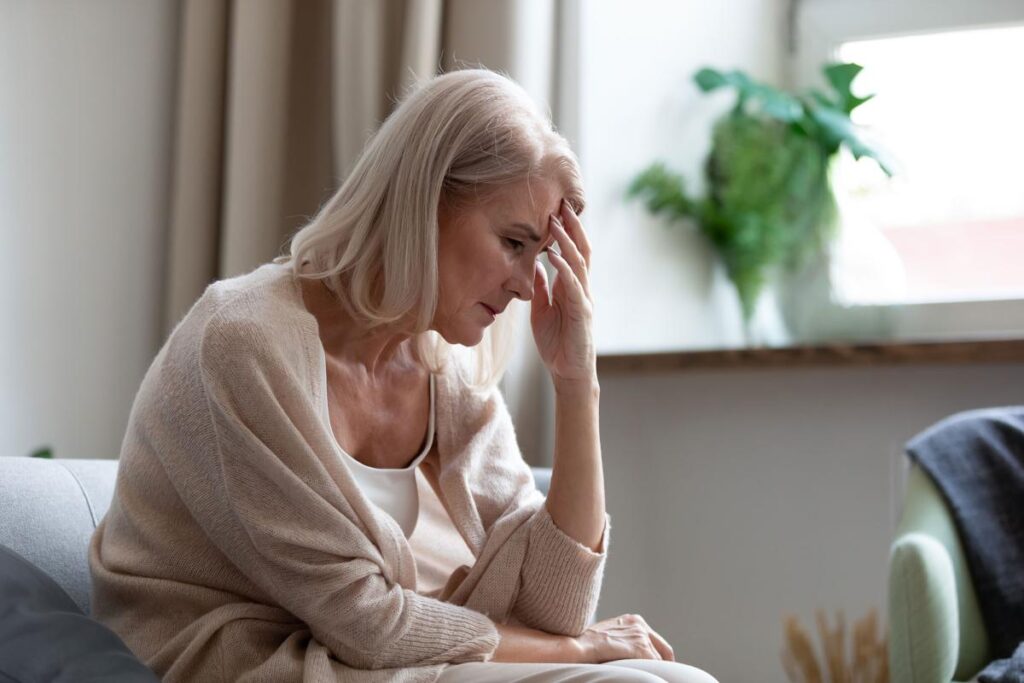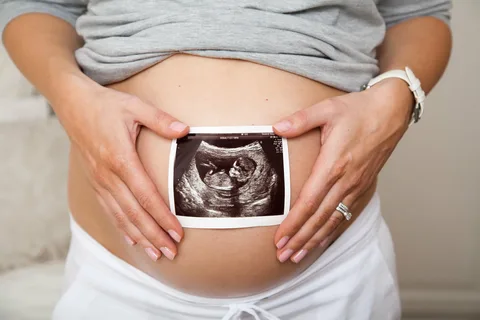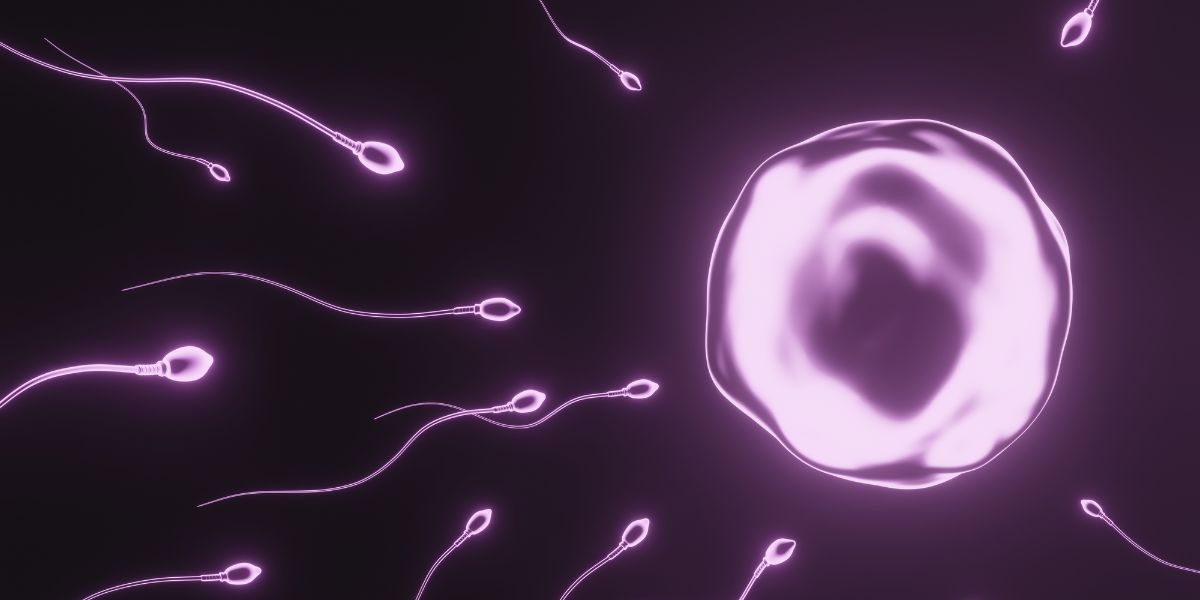Women’s health gets affected from puberty to the end of menstruation, and they go through different physical and mental challenges. Menopause is the stage in a woman’s life where her menstruation cycles get stopped. The ideal age for hitting menopause is somewhere between 45 to 50 years. A woman’s body experiences several medical conditions during this end of the menstrual cycle. Sometimes, the symptoms or signs of menopause become severe, and women must consult a gynecologist.
What Causes Menopause?
Women are born with a lot of eggs that are stored in their ovaries throughout their life. Also, these ovaries contain hormones like estrogen & progesterone that are primarily responsible for menstruation control and the release of eggs or ovulation. So, every time the uterus wall gets broken, the female body gets its period. During the pregnancy phases, their menstruation gets temporarily stopped as the eggs are fertilized to become a baby. Finally, menopause occurs when the women’s ovaries no longer retain or release any egg every month. Gradually, women stop experiencing menstruation.
Due to the rough lifestyle, women get the problem of hormonal imbalances that cause delay and the early arrival of menopause. Usually, doctors share that women might experience signs of menopause during their 40s. In some cases, it might happen early, like any surgery where damaged ovaries must be removed. If menopause arrives before the 40s, it has given a different name to premature menopause.
Common Symptoms of Menopause
Every woman has different hormonal conditions that result in different symptoms. Some might start experiencing the effect of vasomotor symptoms or VMS like hot flashes. During the hot flashes, women feel sudden warmth spread over their entire bodies, more like a racing heart. It creates a lot of sweating irrespective of the outer temperature, and their body gets hit by severely high temperatures. A few other signs of menopause are:-
- Missing periods or irregularity in the menstrual cycle
- Dryness around the vaginal area
- Sore breast
- The urgency to pee more frequently
- Disturbed sleeping cycle or trouble sleeping
- Mood swings and emotional changes
- Dry Skin, mouth & eyes
- Too much tiredness or fatigue
- Depression and bad mental health
- Frequent headaches and crankiness
- Muscles ache and joint pains
- Hair thinning and loss
- Weight gain
- Changes in appetite
- Experience changes in libido
Women require consultation and advice from their gynecologist to lessen the effect & signs of menopause so that their work does not hamper. Doctors can suggest medication, yoga, and the best diet that works best to manage severe symptoms.
Stages of Menopause
Menopause doesn’t arrive and stays for one day, women slowly witness the early signs, and it takes time to get your menstruation finally stopped. So, there are three stages of menopause:-
Pre-menopause: The phase begins before menopause when women’s ovaries start creating less estrogen. Pre-menopause may last until menopause and the point of time when ovaries do not release any eggs or ovulation stops. During this stage, women’s estrogen levels drop faster, and their bodies show symptoms of menopause.
Menopause: The period of menopause begins with no ovulation or release of eggs in the ovaries. Women get irregular periods, and the symptoms vary due to hormonal conditions.
Post menopause: The stage begins after a year or month of menopause. Here, women get VMS symptoms like hot flashes and night sweats. Also, the health risk relating to less estrogen increases with ageing.
How Does a Gynecologist Help to Deal With Menopause?
The gynecology field studies menstrual disorders and researches the remedies that work to reduce their effects. Menopause is a natural process that will gradually pass on with time; however, consulting an experienced gynecologist might help you deal with the symptoms more easily. Tackling these menopause symptoms becomes difficult for some women, and they require medical assistance.
Menopause Treatments: Menopausal hormone therapy might help regulate hormonal disturbances, and it works for hot flashes and vaginal symptoms and makes bones grow stronger. Topical hormone therapy is another treatment procedure suggested to deal with vaginal dryness. To relax the body to handle menopause symptoms, doctors suggest non-hormonal medications and also Vitamin D supplements.
Lifestyle Changes: Gynecologists can suggest different ways to adapt in daily life to handle menopause. Women can try precautions like wearing loose clothes, staying hydrated, and sitting near a fan or AC. Yoga and exercise will also be effective in making a balance for mental health. Avoid smoking and drinking as it contains non-friendly ingredients.
Menopause Diet: Some research suggests that our dietary routine can affect menopause. The doctor will guide you to follow a nutritious diet to provide essential nutrients to strengthen your body. Healthy supplements can help during menopause.
A Home With the Best Gynecologist Pune – 9M Hospital!
If you are facing any above symptoms of menopause and want to talk with the best gynecologist Pune, consult 9M Hospital immediately. We have become the top choice for women’s specialist treatments that keep women healthy. Our centres bring the full spectrum of gynecologic and reproductive health care services for women of all ages. Our expert gynecologists share their years of experience in delivering effective treatments. Don’t panic about the severe symptoms of menopause; choose 9M Hospital. Book an appointment by calling us at 9053 108 108.




